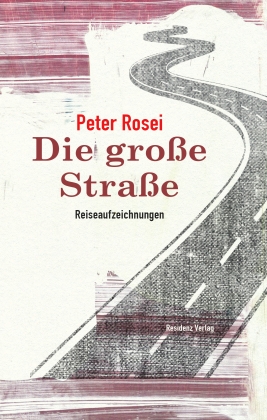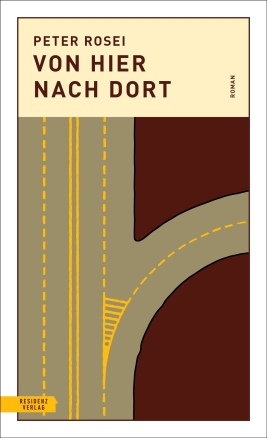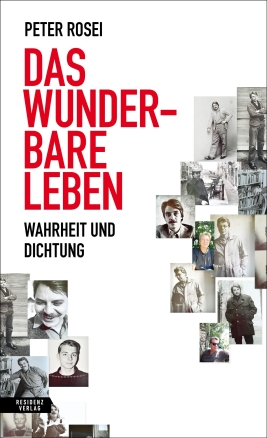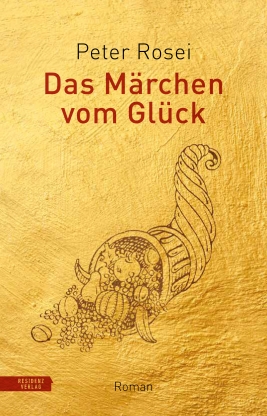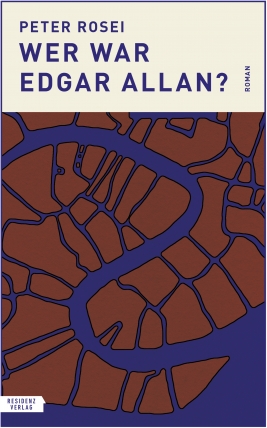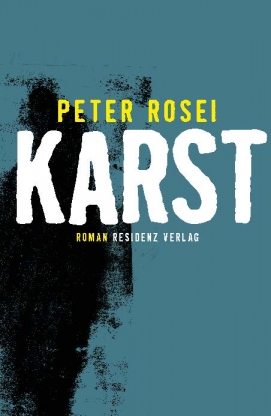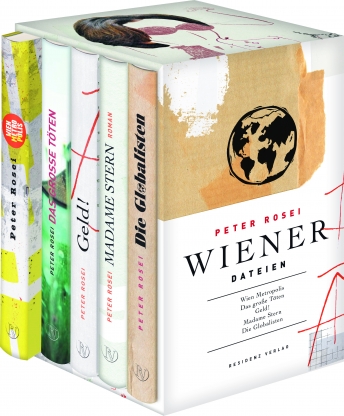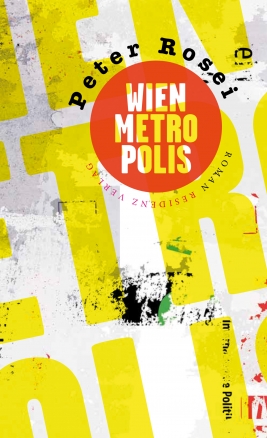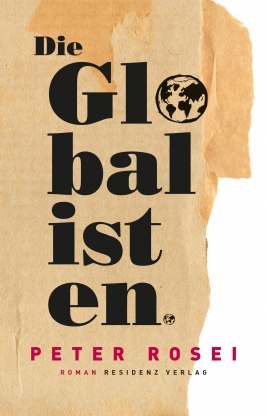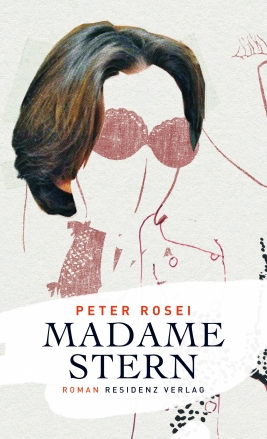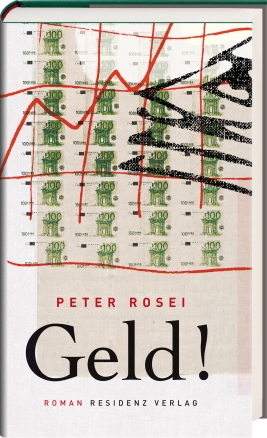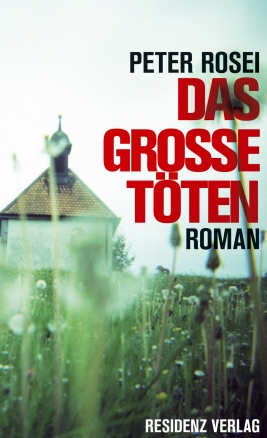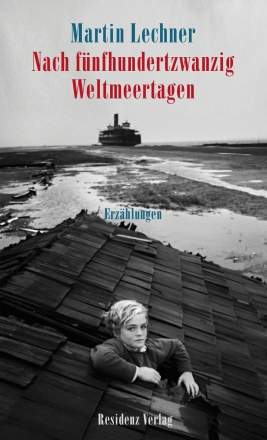Die zwischen 1972 und 2018 entstandenen Essays zeigen große stilistische Bandbreite: vom frühen, mit aufrührerischer Verve verfassten Peking-Porträt oder halluzinogen-flirrenden Amsterdam-Text voller Melancholie über die bloß geträumte Revolte über Aufsätze, in denen die Aura der Stadt wie das Kanalsystem Venedigs philosophisches Dekor für Gedanken über die „Realität des Subjekts“ wird, bis hin zur Gratwanderungen in den Alpen, in deren „roher, gewalttätiger Leere“ er Seelengründen gewahr wird.
[Quelle: Steffen Gnam, FRANKFURTER ALLGEMEINE ZEITUNG]
Peter Rosei hat die Reiseliteratur um farbige Zeugnisse des Fernwehs bereichert.
[Quelle: Ronald Pohl, DER STANDARD]
Dieses Buch muss niemand von vorn nach hinten, von Seite 1 bis 254, geordnet und in einem Zug lesen. Man kann in Roseis literarische "Reiseveranstaltung" einsteigen, wo man will, in Venedig, Wien oder Salzburg, Warschau, Peking oder Bangkok. Es ist allemal anregend und spannend. Peter Rosei vermittelt nämlich fast die ganze Welt in einem Buch.
[Quelle: Janko Ferk, LITERATURHAUS WIEN]
(…) Zeugnisse der Geistesgegenwart. (…) Rosei steht, was die Akkuratesse betrifft, dem oberösterreichischen Genie der Langsamkeit, Adalbert Stifter, in nichts nach. (…) Wir begegnen in jedem Augenblick einem Wahrnehmungsakrobaten, der die Bälle von Kunst, Politik und Lebensform anstrengungslos und synchron in der Luft hält.
[Quelle: Roland Pohl, STANDARD]
Wo andere den faszinierenden Gegensatz zwischen den Wolkenkratzern und den dörflichen Ensembles aus kleinen alten Gebäuden in Tokyo in kräftigen Antithesen ausschmücken würden, genügt Rosei ein Absatz mit einem einzigen Wort: „Holzhäuser.“ Diese stellenweise Zurückhaltung in der Ausgestaltung, das Notizhafte, schafft Freiräume für die Imagination der LeserInnen.
[Quelle: Ö1 EX LIBRIS]
(…) hier ist jemand dankbar, dass er das alles sehen darf. (…) So liest man gleich noch lieber, was sich in fünf Jahrzehnten an Aufzeichnungen angesammelt hat. Amerika, Asien, Europa.
[Quelle: Peter Pisa, KURIER]
Die große Pose findet man (…) in Roseis Schreiben nicht, stattdessen einen nüchternen, protokollarischen Ton, der freilich tiefer geht als das polternde Getöse. (…) Ein scharfer Beobachter, der die Wichtigkeit des Beschriebenen über die eigene stellt. Eine rar gewordene Begabung.
[Quelle: Bernd Melichar, KLEINE ZEITUNG]
Roseis Texte sind, wie alles treffend Skizzierte, von scharfkantiger Deutlichkeit: Man bestaunt sie wie Kaltnadelradierungen.
[Quelle: Ingrid Mylo, BADISCHE ZEICHTUNG]
Den 1946 geborenen Wiener kennt man als Autor, der umfassende ökonomische Fragen in ganz konkrete Geschichten zu konzentrieren sucht. Dieses Bewusstsein für das große Ganze ist auch in seinen unter dem Titel "Die große Straße" versammelten Reiseaufzeichnungen immer wieder spürbar.
[Quelle: Wolfang Huber-Lang, APA]
Es ist erstaunlich, wie viele der heute brennenden Menschheitsfragen, von der Bevölkerungsexplosion bis zur Flüchtlingsproblematik, von der Vermüllung der Natur bis zum Steigen des Meeresspiegels, sich bereits in Roseis teilweise Jahrzehnte alten Texten finden.
[Quelle: ÖSTERREICHISCHES VOLKSBLATT]
Peter Rosei ist der große Stille der österreichischen Gegenwartsliteratur. In seinen kurzen, knappen Romanen seziert er die Befindlichkeiten und Stimmungen des Landes unter dem Mikroskop seiner klaren Sprache.
[Quelle: Oliver Herzig, XING]
Das alles liest sich mit genussreicher Leichtigkeit, wenngleich nie oberflächlich (…). Ein lesenswertes Buch, das ich Ihnen ans Herz legen möchte.
[Quelle: Frank Becker, MUSENBLÄTTER.DE]
Rosei ist ein genauer, kritischer Beobachter des soziokulturellen (Stadt-)Lebens, der Natur in den bereisten Gebieten und liefert aufschlussreiche Anmerkungen.
[Quelle: Annette Rugen, EKZ]
Der Autor, der so viel gesehen hat, ist nach wie vor neugierig. Nicht auf das Weltkulturerbe, auf Kunstschätze und Heiligtümer, so sehenswert sie auch seien, sondern darauf, was fremde oder mittlerweile auch vertraute Orte in ihm auslösen – und auf Menschen. Weil Rosei ein Auge für kleine Begebenheiten hat, die für etwas Größeres stehen.
[Quelle: Stefan Fischer, SÜDDEUTSCHE ZEITUNG]
Mit Peter Roseis Reiseaufzeichnungen aus fünf Jahrzehnten globalisiert man jeden Schreibergarten.
[Quelle: Susanne Hofbauer, AUTOREVUE]
Jeder Leser wird (…) die Orte ansteuern, wo er selbst einmal gewesen ist. Er wird sich an ähnliche Erlebnisse und Beobachtungen erinnern. Dann wird aber auch auf völlig andere, ihm unbekannte Beobachtungen stoßen, so dass er den Wunsch verspürt, dort noch einmal hinzureisen.
[Quelle: Franz Joachim Schultz, ALLITERATUS]
Die ganzen Fragen, die einem daheim mit einem Buch die ganze Zeit um die Welt führen und um die Welt des eigenen Kopfes … das ist das schönste, was ein Buch machen kann.
[Quelle: Andreas Ammer, SWR2 LESENSWERT MAGAZIN PODCAST]
Ein Buch, das man sehr empfehlen kann!
[Quelle: Johannes Preßl, BIBLIOTHEKNACHRICHTEN]
Roseis Anregungen zur Reflexion des Weltgeschehens (…) sind nämlich genauso unterhaltend wie fordernd.
[Quelle: SALVE]
Vor allem in „Die große Straße“ (…) sammelte Peter Rosei seine Reiseaufzeichnungen. (…) Man lernt Peter Rosei als Reisenden kennen, der nicht nur scharf beobachtet und viel weiß, sondern sich auch durchlässig macht für Eindrücke und Bilder, für Gerüche und Klänge, der sich dem Fremden geduldig annähert und ihm dennoch seine Faszination belässt.
[Quelle: Robert Leiner, BÜCHERSCHAU]
Peter Roseis literarische Wegmarken in Die große Straße haben sich nicht in den ideologischen Fallstricken eines selbsternannten „Sehertums“ verfangen. Sie zeigen die Welt als Lebensraum der Menschen in ihrer herrlichen Fülle, aber auch die destruktiven Energien von Elend und Gewaltherrschaft, die diese Herrlichkeit deformieren und zuschanden gehen lassen. Sie versetzen der menschlichen Gesellschaftlichkeit stets offene Wunden.
[Quelle: Kurt Neumann, VOLLTEXT]
Wortgewandt mit wenigen, leicht hingeworfenen Sätzen versteht er eine unterirdische Passage, eine albanische Straße oder ein Schlafabteil lebendig werden zu lassen.
[Quelle: EDELTRIPS]
